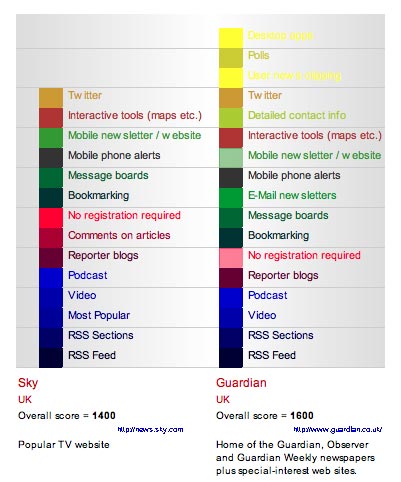Despite rejecting the proposed £68 million investment by the BBC in on-demand local video online because (in part) of the negative impact it would have on local commercial media, the BBC Trust also said the following in its assessment of the plans:
“We also recognise the negative market impact that could result from expansion of BBC online news provision at a local level at a time when commercial providers face structural and cyclical pressures.
“Conversely, that potential strain on local news provision has led in some cases
to a reduction in editorial staff in the local press and commercial radio sector and could be used by some to justify a public intervention in the market.”
And:
“In assessing public value, the PVA also took account of the wider media market and the level and quality of local provision. Regional media markets have different competitive frameworks and characteristics which may well lead to a patchwork in provision and provide some justification for BBC expansion at a local level.
While the Trust said there would be no similar plans for the foreseeable future, this is a call to regional and local media to up their game. This time their market has been protected by Ofcom and the BBC Trust, but if it was to come under threat from independent publishers or other media organisations new to local, would the outcome be the same?
The Trust has urged the BBC to look at its existing services and how it can improve these to reach audience groups and areas it is failing to serve well. Local commercial media must look to do the same it it is to continue to defeat the argument for public intervention in its market.
 Still in the alpha, invite-only stage, website
Still in the alpha, invite-only stage, website 
